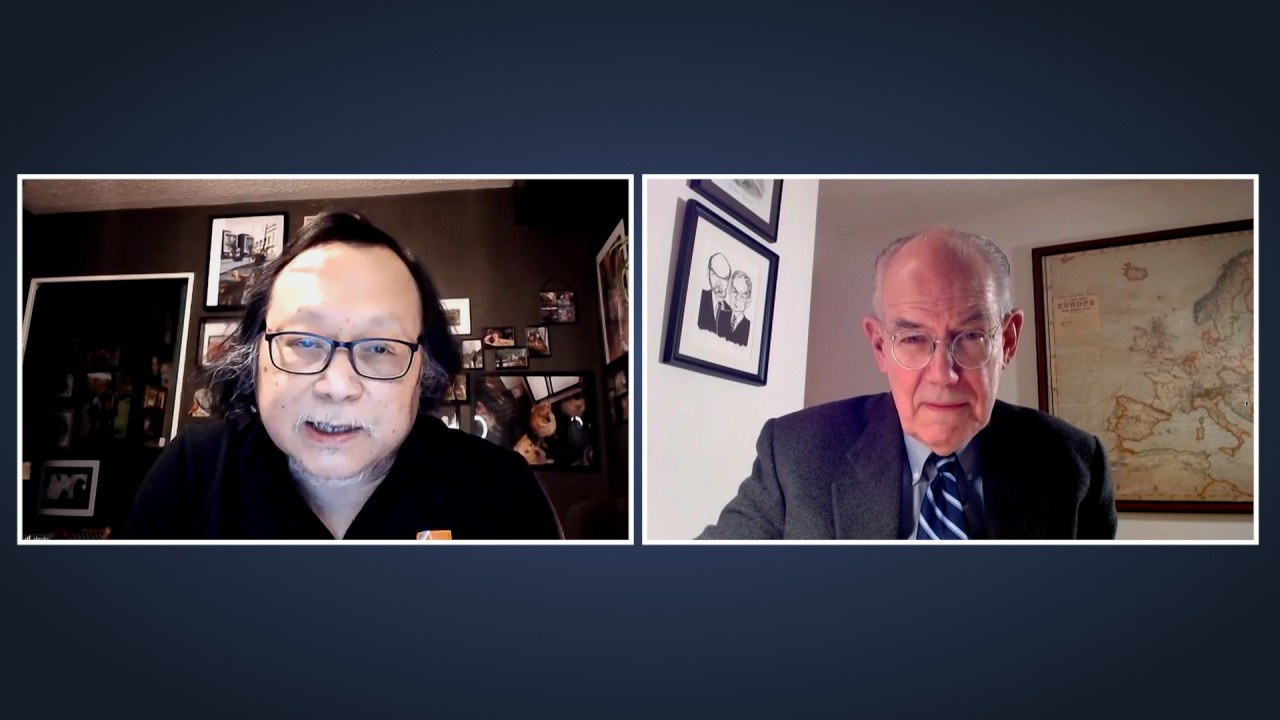The beating of war drums at the borders of the West and the Rest not only draws a line between Western civilisation and the perceived barbarism of the Rest, it also shows the West’s emphasis on science and rationality as a cover for its raw emotions over its identity and power insecurities.
The West draws its foundational ideas and philosophy from Christian, Greek and Roman culture. The Bible preaches that Man lived pristinely in the Garden of Eden, until Eve ate the forbidden apple and they were driven out into the wilderness. Yet in the 15th century, Europe emerged from its Dark Ages by largely learning from Arab, Christian and Jewish scholars in Andalucian Greek, Chinese, Indian and Persian philosophy, mathematics and science.
The fall of eastern Roman capital of Constantinople in 1453 cut off European trade to the East, forcing Genoan, Portuguese and Spanish traders to seek access via Africa and the Americas. Around this time, edicts from the Catholic Church granted colonial Portugal and Spain the rights of “discovery”, authorising them to seize non-Christian lands and subjugate non-Christian people.
Germany formally described the atrocities in Namibia as a genocide for the first time only in 2021, apologising and promising aid of over €1 billion (US$1.08 billion) for Namibian infrastructure and development.
Ukraine and Gaza wars have put the West in the dock of public opinion
Ukraine and Gaza wars have put the West in the dock of public opinion
One could conclude that the West is protecting its garden, exercising its right to eliminate the weeds and fight to keep out the jungle. The trouble with this argument is whether the garden can exist independent of the jungle when both are on the same planet. And there are those in the jungle who feel they are more civilised than those in the garden.
The point is that we should all live in peace and be tolerant of our differences, as war only begets more war. Israel can undertake its brutal action on the Palestinians in large part because it possesses nuclear weapons, whereas its neighbours do not. This only propels nuclear proliferation, which the West cannot fully control without negotiations with the Rest.
Wars can end with a messy negotiated peace when both sides become exhausted. But, in a nuclear war, an unthinkable yet inevitable outcome given the current trajectory, no one’s garden will survive – all will return to nature.
Andrew Sheng is a former central banker who writes on global issues from an Asian perspective


